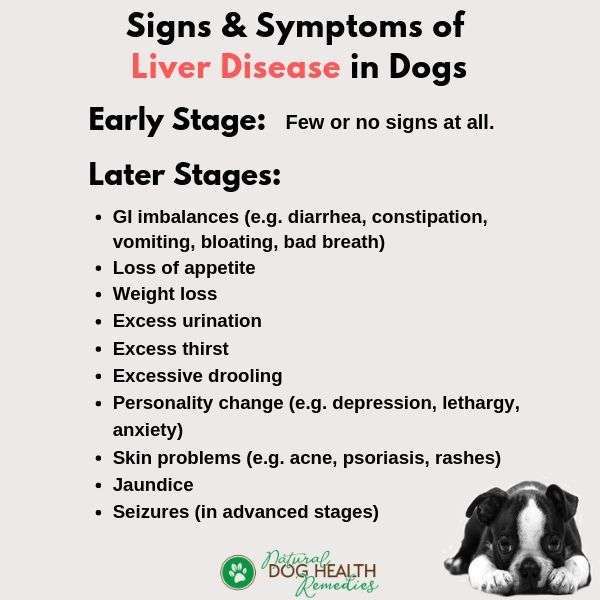Key Takeaways:
- Ibuprofen is not safe for dogs and should never be given to them.
- Ibuprofen can cause serious side effects in dogs, including stomach ulcers, kidney damage, and liver failure.
- There are alternative pain medications that are specifically formulated for dogs and are safer to use.
- If you suspect your dog is in pain, it is important to consult with a veterinarian before giving any medication.
- Always follow the veterinarian's instructions when giving medication to your dog to ensure their safety and well-being.
Are you a dog owner who wants to ensure the well-being of your furry companion? If so, then understanding the safety of medications for dogs is crucial. One medication that often comes to mind is Ibuprofen, a commonly used pain reliever for humans. But can it be safely administered to our four-legged friends? In this article, we will explore the topic of whether Ibuprofen is safe for dogs and why knowing the answer could potentially save your pet's life. So, let's dive in and uncover the truth about Ibuprofen and its effects on our beloved canine companions.
What is ibuprofen and why do people use it?
Ibuprofen is a type of medicine called a nonsteroidal anti-inflammatory drug (NSAID). It is commonly used by people to relieve pain, reduce inflammation, and lower fever. People use ibuprofen for various reasons, such as headaches, muscle aches, menstrual cramps, toothaches, and minor injuries.
When you have pain or inflammation in your body, ibuprofen can help by blocking certain chemicals that cause these symptoms. This can provide temporary relief and make you feel better. However, it's important to remember that ibuprofen is meant for human use only and should not be given to dogs without proper guidance from a veterinarian.
Why do people use ibuprofen?
- To relieve pain
- To reduce inflammation
- To lower fever
Can dogs take ibuprofen for pain relief?
No, dogs should never be given ibuprofen or any other NSAID medication without the guidance of a veterinarian. While humans can safely take ibuprofen under certain conditions and dosages recommended by healthcare professionals, it can be extremely dangerous for dogs.
Dogs have different metabolisms than humans, which means their bodies process medications differently. Ibuprofen can cause serious harm to a dog's stomach lining, kidneys, liver, and other organs. It may lead to ulcers, internal bleeding, kidney failure, or even death.
Can dogs take ibuprofen?
No! Dogs should never take ibuprofen.
Why is it important to consult a veterinarian before giving your dog any medication?
It's crucial to consult a veterinarian before giving your dog any medication because dogs have unique needs and can react differently to medications compared to humans. Veterinarians are experts in animal health and can provide the best advice and guidance on what is safe and appropriate for your dog.
Some medications that are safe for humans can be toxic or even fatal to dogs. A veterinarian will consider factors such as your dog's breed, size, age, overall health, and any other medications they may be taking before recommending a treatment plan. They may also suggest alternative pain relief options that are specifically designed for dogs.
Why should you consult a veterinarian?
Veterinarians have expertise in animal health
Dogs can react differently to medications than humans
Some medications that are safe for humans can be toxic to dogs
Are there any risks or side effects of giving ibuprofen to dogs?
Yes, there are significant risks and potential side effects if you give ibuprofen to dogs. Ibuprofen can cause severe harm and even be life-threatening for dogs. Some of the risks and side effects include:
Risks:
- Gastrointestinal ulcers
- Internal bleeding
- Kidney damage or failure
- Liver damage or failure
- Poisoning
- Death
Potential Side Effects:
- Vomiting
- Diarrhea
- Lack of appetite
- Lethargy or weakness
- Incoordination or stumbling
- Increased thirst and urination
What are safe alternatives for relieving pain in dogs?
There are several safe alternatives for relieving pain in dogs that should be discussed with a veterinarian. These may include:
Safe Alternatives:
- Prescription medications specifically designed for dogs
- Natural supplements, such as glucosamine and fish oil
- Physical therapy or rehabilitation exercises
- Heat or cold therapy
- Massage or acupuncture
- Moderate exercise and weight management
Remember, it's important to always consult a veterinarian before starting any pain relief regimen for your dog to ensure their safety and well-being.
How can you keep your dog safe from harmful substances like ibuprofen?
To keep your dog safe from harmful substances like ibuprofen, it's essential to take preventive measures. Here are some tips:
Tips to Keep Your Dog Safe:
- Store medications securely in cabinets or drawers that are out of your dog's reach.
- Avoid leaving loose pills on countertops or tables where your dog can access them.
- Dispose of expired or unused medications properly by following local guidelines.
- If you suspect your dog has ingested medication, contact a veterinarian immediately.
- Always consult a veterinarian before giving any medication to your dog.
Your dog's health and well-being depend on your vigilance in keeping harmful substances away from them. By following these tips, you can help ensure their safety and prevent accidental ingestion of dangerous medications like ibuprofen.
In conclusion, Ibuprofen is not safe for dogs. It can cause serious health problems and should never be given to them without the guidance of a veterinarian. It's important to always consult a professional before giving any medication to your pet.
How much ibuprofen can I give my dog?
According to veterinarian and professor Alison Meindl, giving your dog ibuprofen can harm their stomach and kidneys. It is advised not to administer this medication to your dog.
What can I give a dog for pain?
According to rover.com, veterinarians frequently prescribe non-steroidal anti-inflammatory drugs (NSAIDs) to dogs for pain relief. These medications can effectively reduce swelling, stiffness, and joint pain in dogs. Some commonly used NSAIDs for dog pain, as mentioned on rover.com, include Rimadyl.
Will 200 mg of ibuprofen hurt my dog?
Even a small amount of ibuprofen, such as 200mg (one tablet), can be harmful to small dogs and cause damage to their stomach lining or kidneys.
What will 1 ibuprofen do to a dog?
Ibuprofen ingestion in dogs can lead to various dangers and toxicities, such as gastrointestinal ulceration, kidney damage or failure, and liver dysfunction.
What do I do if my dog ate a 200 mg ibuprofen?
If you think your pet has eaten ibuprofen, it is crucial to immediately contact your veterinarian or the Pet Poison Helpline, a 24/7 animal poison control center, at 1-800-213-6680 to assess the risk of poisoning. Depending on the amount consumed, your pet may require hospitalization.
Is Tylenol safe for dogs?
Acetaminophen (Tylenol) is toxic and potentially lethal for dogs and cats. Even small amounts, such as a single pill or a small piece of a pill, can be toxic or deadly for various animal species including cats, dogs, ferrets, birds, pigs, primates, and others.

















